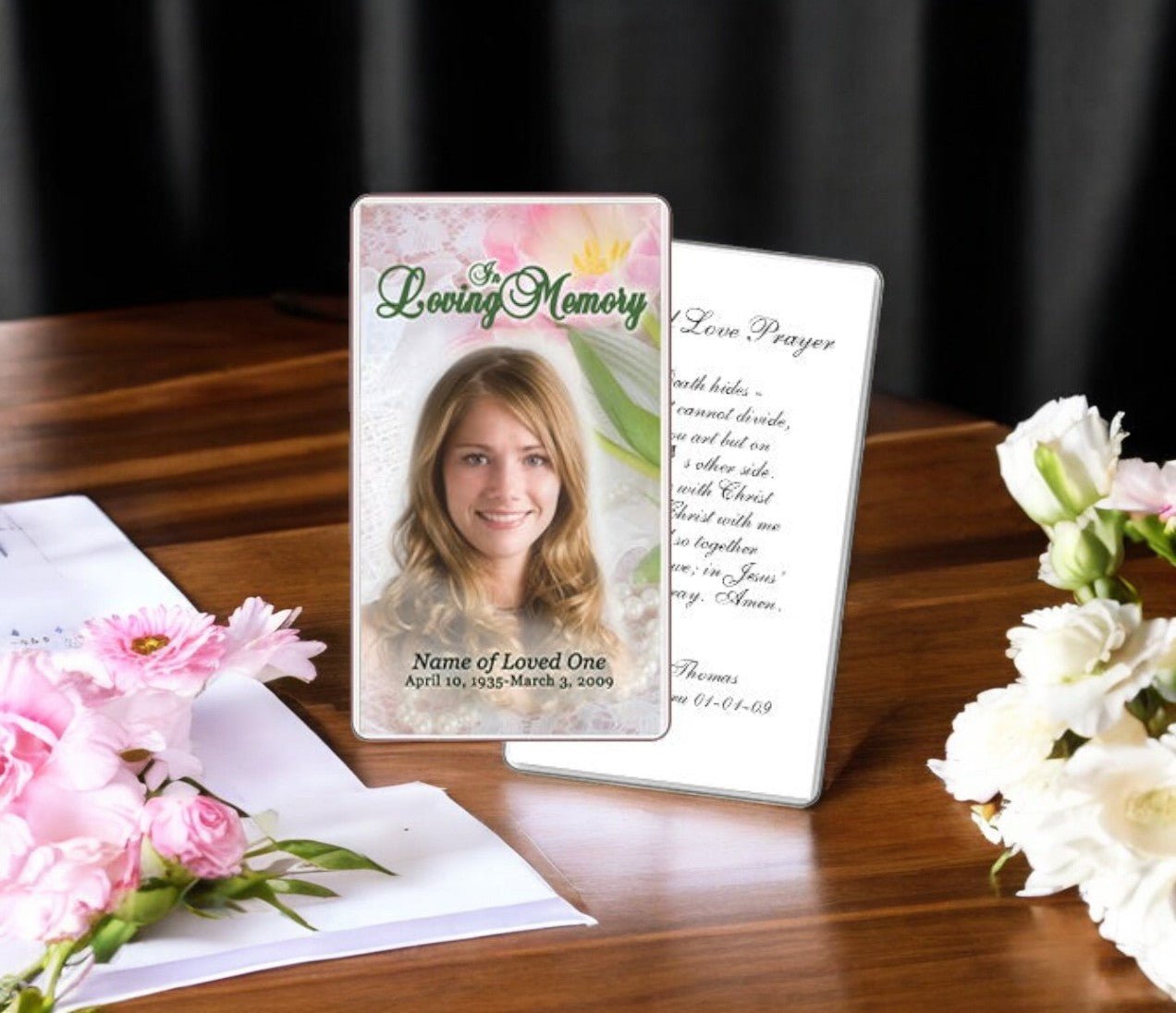
The Rise of AI in Funeral Planning
As artificial intelligence becomes increasingly embedded in personal services, its application in funeral planning introduces both convenience and complexity. More families are now using AI tools to write obituaries, create slideshows, and generate custom funeral program templates. These innovations help save time and reduce stress during a difficult period. However, using AI for such sensitive matters also brings ethical questions to the surface—chief among them, the representation of human life and the handling of personal data. Planning a funeral is a deeply emotional and cultural act. Using AI in this space requires more than automation; it demands intention, transparency, and respect.
Respectful Representation of the Deceased
One of the first ethical challenges when using AI is ensuring that it authentically reflects the individual’s legacy. Whether generating an obituary or designing a funeral program, AI must not reduce a person’s story to generic clichés or templated phrases. Memorial materials should capture the nuance, spirit, and values of the departed. Without human input, AI-generated tributes can feel sterile or even inaccurate. Ethical use of AI in funeral planning should always include family approval and cultural awareness. Families should feel empowered to modify AI-generated content so that it expresses their loved one’s unique journey. The goal is not to replace human emotion, but to assist and enhance it.
Privacy and Consent in the Digital Age
Handling Personal Information with Care
Another major ethical consideration is data privacy. Many AI tools require users to upload names, dates, images, and even personal stories to generate a funeral program or slideshow. If this information is not handled securely, it could be exposed or misused. Funeral planning platforms must implement strong data protection practices and clearly disclose how data is stored and used. In addition, when one person is creating a tribute on behalf of a family or client, it's vital to obtain clear consent before using or sharing personal content. This protects both the memory of the deceased and the rights of surviving family members.
Transparency with AI Use
Transparency is key in maintaining ethical standards. Whether it’s a eulogy written by ChatGPT or a funeral program created with a design assistant, families should know when AI is involved. Disguising automated content as purely human-made can feel dishonest, especially during intimate and sacred ceremonies. Developers and funeral professionals should disclose the role of AI in their services and allow clients to choose how much automation they’re comfortable with. This builds trust and ensures the tribute remains authentic and aligned with family expectations.
Emotional Integrity and Human Connection
The Limitations of Automation in Grief
While AI excels at logistics, it cannot replicate the depth of human empathy. Funeral planning involves more than producing materials—it’s part of the grieving process. Relying too heavily on digital tools can create emotional distance or reduce the significance of memorial rituals. A funeral program should not feel like a printout generated by an algorithm; it should feel like a heartfelt tribute created by those who knew and loved the deceased. Ethical AI use supports the human side of loss by reducing task burden while leaving space for real reflection, memory sharing, and community support.
Maintaining Cultural and Religious Sensitivity
Death rituals are deeply influenced by culture, faith, and family traditions. An AI-generated funeral program must be flexible enough to accommodate specific customs—whether it’s a traditional Christian service, a Buddhist farewell, or a secular celebration of life. If the AI tool lacks this adaptability, it risks offering content that is inappropriate or insensitive. Developers should prioritize inclusivity and provide culturally diverse template options. Users should also carefully review and customize AI outputs to ensure they honor personal and spiritual values. Ethical design considers not just function, but cultural respect.
Accountability and Responsibility
Who Is Responsible for the Final Tribute?
Another ethical consideration is accountability. If an AI platform creates a funeral program with incorrect information or insensitive phrasing, who is responsible? The user? The developer? The funeral home? Establishing clear accountability is essential to prevent distress and ensure respectful results. Professionals using AI must review outputs before presenting them to families. Similarly, families using DIY tools should take time to confirm accuracy, clarity, and tone. Ethical AI platforms should also make it easy to edit or override automated results, giving control back to the humans they’re meant to assist.
Commercializing Grief with AI
Finally, there’s the question of commercialization. When funeral planning tools are built primarily for profit, there's a risk of commodifying grief. Offering paid AI-generated funeral program services without sufficient emotional or ethical support can feel exploitative. Ethical companies in this space must balance business goals with compassion. Offering free tools, grief resources, or personalized assistance alongside digital products helps maintain dignity in the customer experience. Remember, families aren’t just purchasing a product—they're navigating one of life’s most vulnerable moments.
Conclusion: Using AI Ethically in Funeral Planning
AI can be a powerful ally in helping families create meaningful and efficient tributes, especially when time and emotional energy are limited. But the ethical use of these tools requires thoughtfulness at every stage. From crafting an accurate funeral program to protecting personal data and honoring religious customs, every detail matters. Human oversight, cultural sensitivity, and emotional care must remain central, even in the age of automation. By keeping ethics at the forefront, we can use technology to uplift rather than replace the sacred task of remembrance. In doing so, AI becomes a compassionate companion in grief—not just a tool for convenience.
























